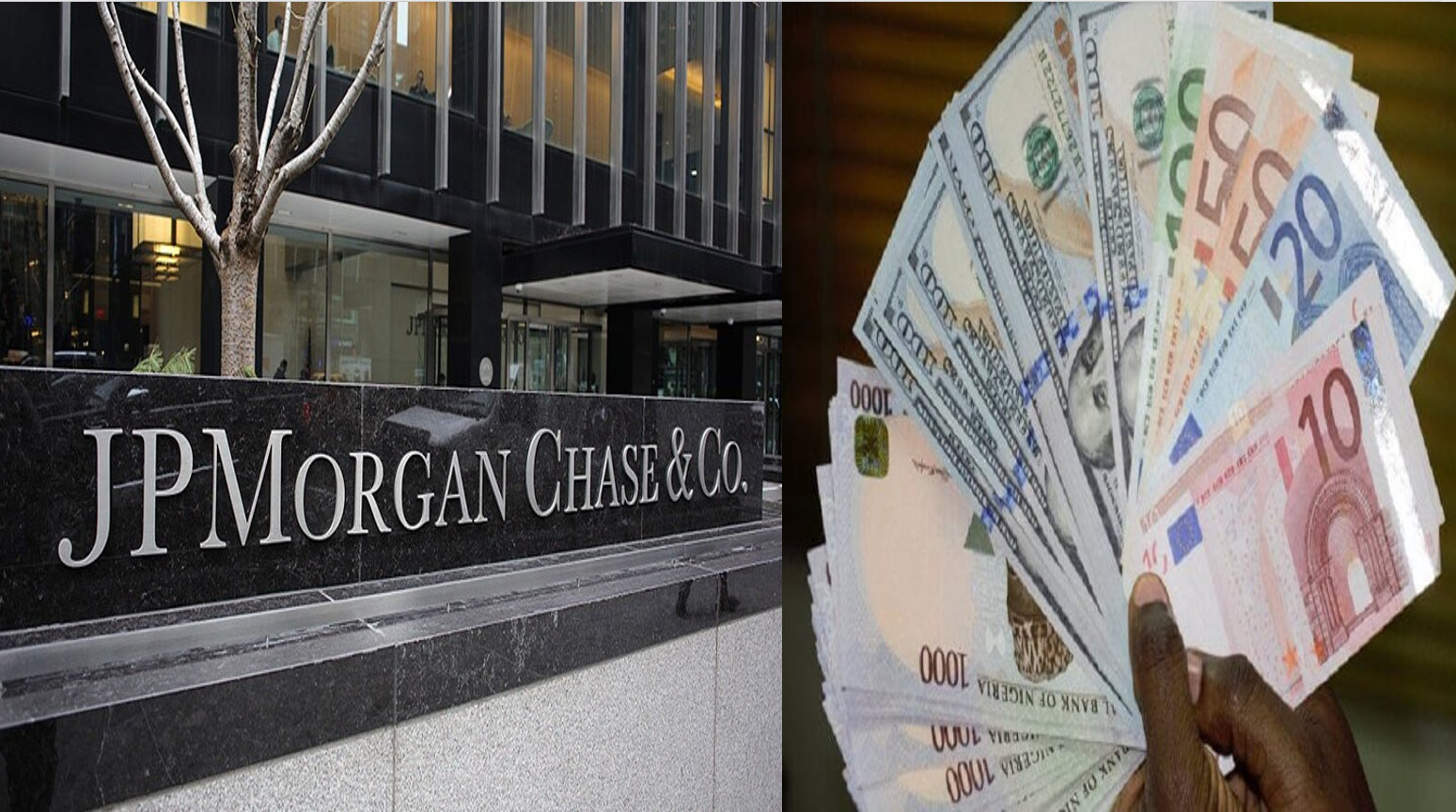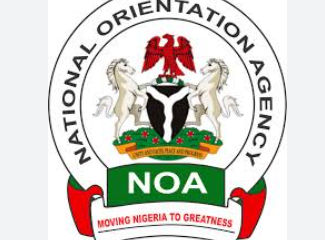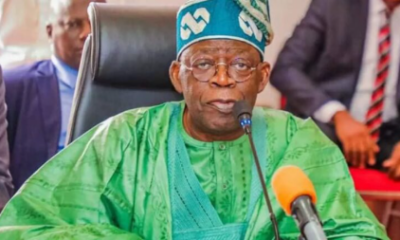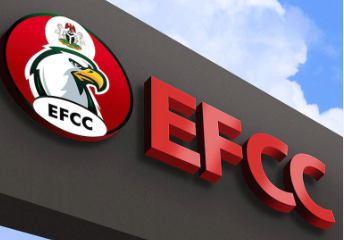Multinational financial services firm, JPMorgan Chase & Co expects Naira to US dollar exchange rate to eventually strengthen towards N850 by year-end as the combination of tighter policy, as well as more attractive rates and FX levels deter incremental dollarisation and perhaps attract some foreign capital.
The naira appreciated against the dollar at the official market but steadied at N1,170 on the parallel market relieving the pressure on the foreign exchange (FX) market.
The black market exchange rate remained the same on Wednesday after gaining 2.5 per cent (N30) over the US dollars on Monday.
The firm expects Nigerian authorities to maintain a willingness for greater flexibility of the exchange rate. Though it said that while a strengthened naira against US dollar exchange rate is crucial, “the large backlog of unmet FX demand and low net FX reserves makes the job challenging”.
“The Central Bank of Nigeria (CBN) appears willing to once again allow a flexible exchange rate without the use of moral suasion to limit the upside. This was initially the case during the first attempt at re-calibrating the FX market, however those efforts lost steam due to inflation concerns.
READ ALSO: Naira gains against dollar but fragile amid U.S interest rate decision
“We believe recent efforts to restore a flexible FX regime may be sustained given the willingness to accompany it with tighter monetary conditions. The interbank FX rate has risen in recent days to over N900, from N750, thereby significantly closing the gap to the parallel rate which is now just above N1,000,” JPMorgan Chase & Co noted in its November 1 note titled “Nigeria local markets strategy: Getting set for re-opening”.
While noting that unifying the various FX windows and eliminating the longstanding list of ineligible transactions helps simplify the FX policy framework, JPMorgan said that due to still limited FX liquidity in the official market, and the fact that naira isn’t a fully convertible currency, “some FX demand will inevitably find its way to the parallel market.”
“In our opinion, when authorities refer to the FX backlog, they are actually referring to US $6.8billion in FX forward commitments which the central bank has not honored – the majority of which has been covered by commercial banks.
“However, we estimate there is up to a further $$3-4billion (probably less given the FX adjustment) in unmet FX demand needed for goods and services imports. CBN will need to clear both backlogs, a difficult task given the low levels of net FX reserves.
“We previously estimated that Nigeria’s net FX reserves could be as low as $3.7billion at the end of 2022. We do not have new information about the central bank’s short-term contingent liabilities, however gross FX reserves have further declined by $4.1billion through this year and now amount to around $33.3billion, suggesting the net position could be lower,” JPMorgan noted further.

 Health5 days ago
Health5 days ago
 Entertainment7 days ago
Entertainment7 days ago
 Education7 days ago
Education7 days ago
 Crime5 days ago
Crime5 days ago
 Health7 days ago
Health7 days ago
 Comments and Issues6 days ago
Comments and Issues6 days ago
 Football6 days ago
Football6 days ago
 Latest6 days ago
Latest6 days ago













